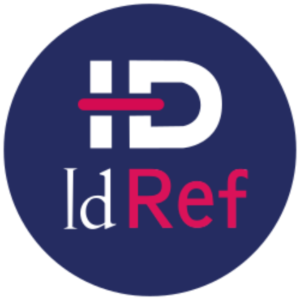7
2
2
1
1
1
1
1
1



